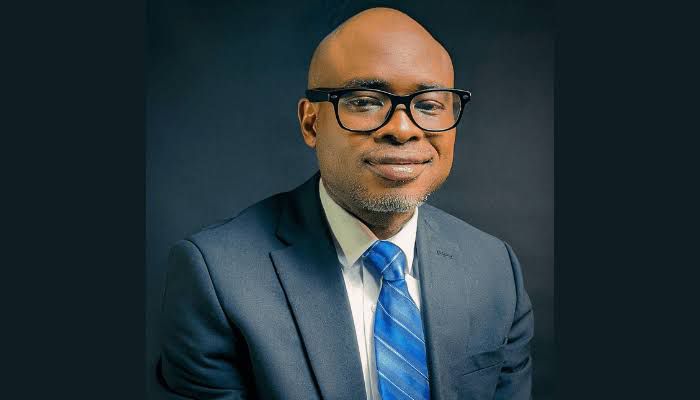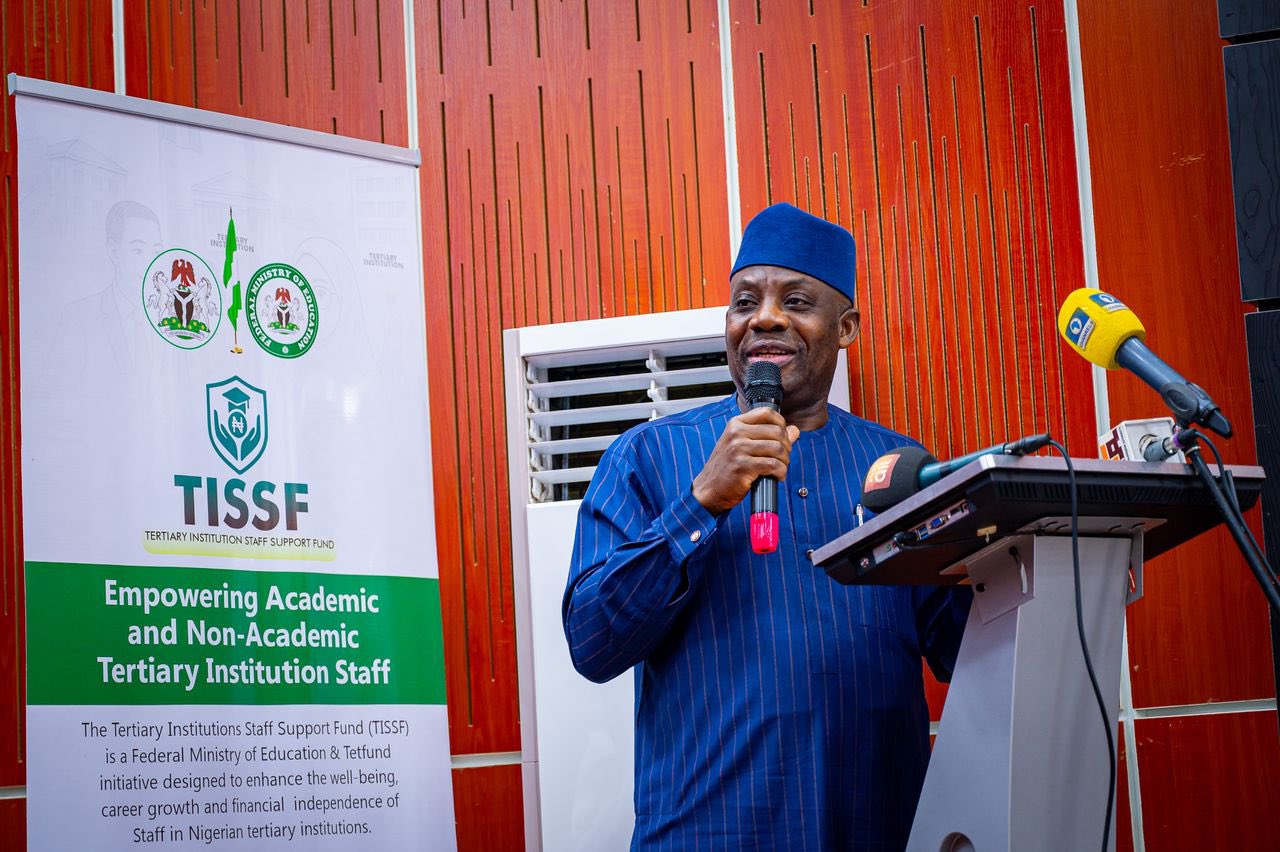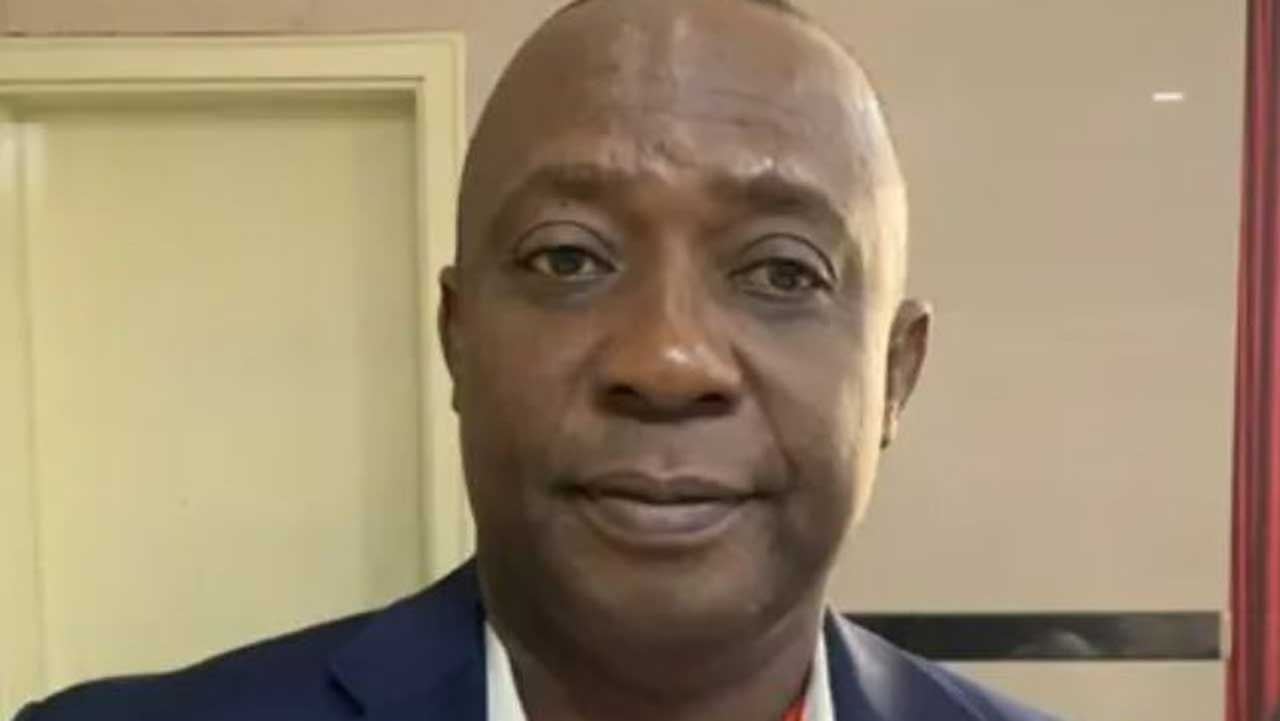 The Money Laundering Act 2022 provides an elaborate framework that prevents and addresses money laundering in Nigeria, through the establishment of the Special Control Unit Against Money Laundering (SCUML) which is a key agency.
The Money Laundering Act 2022 provides an elaborate framework that prevents and addresses money laundering in Nigeria, through the establishment of the Special Control Unit Against Money Laundering (SCUML) which is a key agency.
The SCUML functions under the Economic and Financial Crimes Commission (EFCC), supervising Designated Non-Financial Businesses and Professions to make sure these institutions abide by the anti-money laundering rules, we spoke to Eben Joels, General Partner at Stransact a leading Audit, Tax & financial advisory firm in Nigeria, and this is what he had to say about it:
SCUML’s Mandate
Established by Section 17 of the Act, SCUML has the legal authority to:
Register and certify DNFBPs for compliance.
Monitor and supervise DNFBPs to uphold legal standards.
Conduct inspections (both scheduled and unscheduled) for compliance.
Collect and manage reports on currency and cash-based transactions.
Educate DNFBPs about their legal obligations.
This act formally authorizes SCUML to regulate DNFBPs independently, even though its administration is within the EFCC.
Compliance Obligations for DNFBPs
Under the Money Laundering Act 2022, DNFBPs must do the following:
Register with SCUML to validate operations.
Submit Currency Transaction Reports (CTRs) for any single transaction over NGN 5 million (individuals) or NGN 10 million (corporate).
File Cash-Based Transaction Reports (CBTRs) for transactions over $1,000.
Report Suspicious Transactions (STRs) directly to the Nigeria Financial Intelligence Unit (NFIU).
Failure to comply with these requirements may result in legal penalties, impacting the legitimacy and banking access of DNFBPs.
Do I qualify as a DNFBP?
According to the Act, DNFBPs include dealers in jewellery, real estate, luxury goods, precious metals, and machinery, as well as accounting and auditing firms, estate agents, and casinos. These businesses must obtain a SCUML certificate as proof of compliance with the Act.
Key Takeaway
The Money Laundering Act 2022 reinforces Nigeria’s fight against money laundering by integrating SCUML to oversee non-financial businesses, enhancing transparency, and reducing illicit financial activities. Businesses qualifying as DNFBPs must register with SCUML to maintain operational legitimacy, access banking services, and ensure alignment with the Act’s provisions.






